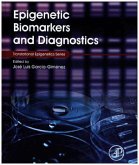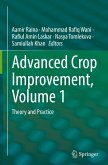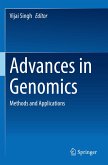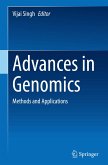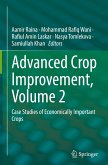This book focuses on the close relationship between aging and neurodegeneration. By highlighting the reversible nature of epigenetic changes, it provides a comprehensive overview of how these modifications can regulate gene expression without altering the DNA sequence, offering promising solutions for clinical intervention.
Aging induces a gradual decline in cerebral function, leading to cognitive impairment, memory loss, motor dysfunction, and eventually functional decline and death. It is accompanied by the decline of organismal functions induced by whole genome alterations leading to neurodegeneration. Epigenetic modifications, including chromatin modifications, DNA methylation, and changes in regulatory RNAs, have a major impact on neurodegenerative disorders such as Alzheimer's disease, Parkinson's disease, and Huntington's disease.
The chapters in this book address critical issues such as the contribution of epigenetic mechanisms to aging, the interaction between genetic and environmental factors in neurodegeneration, and the potential for epigenetic therapies to delay aging and mitigate disease progression.
This volume, part of the RNA Technologies book series, is an invaluable resource for researchers and advanced students in genetics and neuroscience. It provides a deep understanding of the molecular basis of neurodegenerative diseases and offers innovative strategies to address the challenges of aging and neurodegeneration.
Aging induces a gradual decline in cerebral function, leading to cognitive impairment, memory loss, motor dysfunction, and eventually functional decline and death. It is accompanied by the decline of organismal functions induced by whole genome alterations leading to neurodegeneration. Epigenetic modifications, including chromatin modifications, DNA methylation, and changes in regulatory RNAs, have a major impact on neurodegenerative disorders such as Alzheimer's disease, Parkinson's disease, and Huntington's disease.
The chapters in this book address critical issues such as the contribution of epigenetic mechanisms to aging, the interaction between genetic and environmental factors in neurodegeneration, and the potential for epigenetic therapies to delay aging and mitigate disease progression.
This volume, part of the RNA Technologies book series, is an invaluable resource for researchers and advanced students in genetics and neuroscience. It provides a deep understanding of the molecular basis of neurodegenerative diseases and offers innovative strategies to address the challenges of aging and neurodegeneration.


